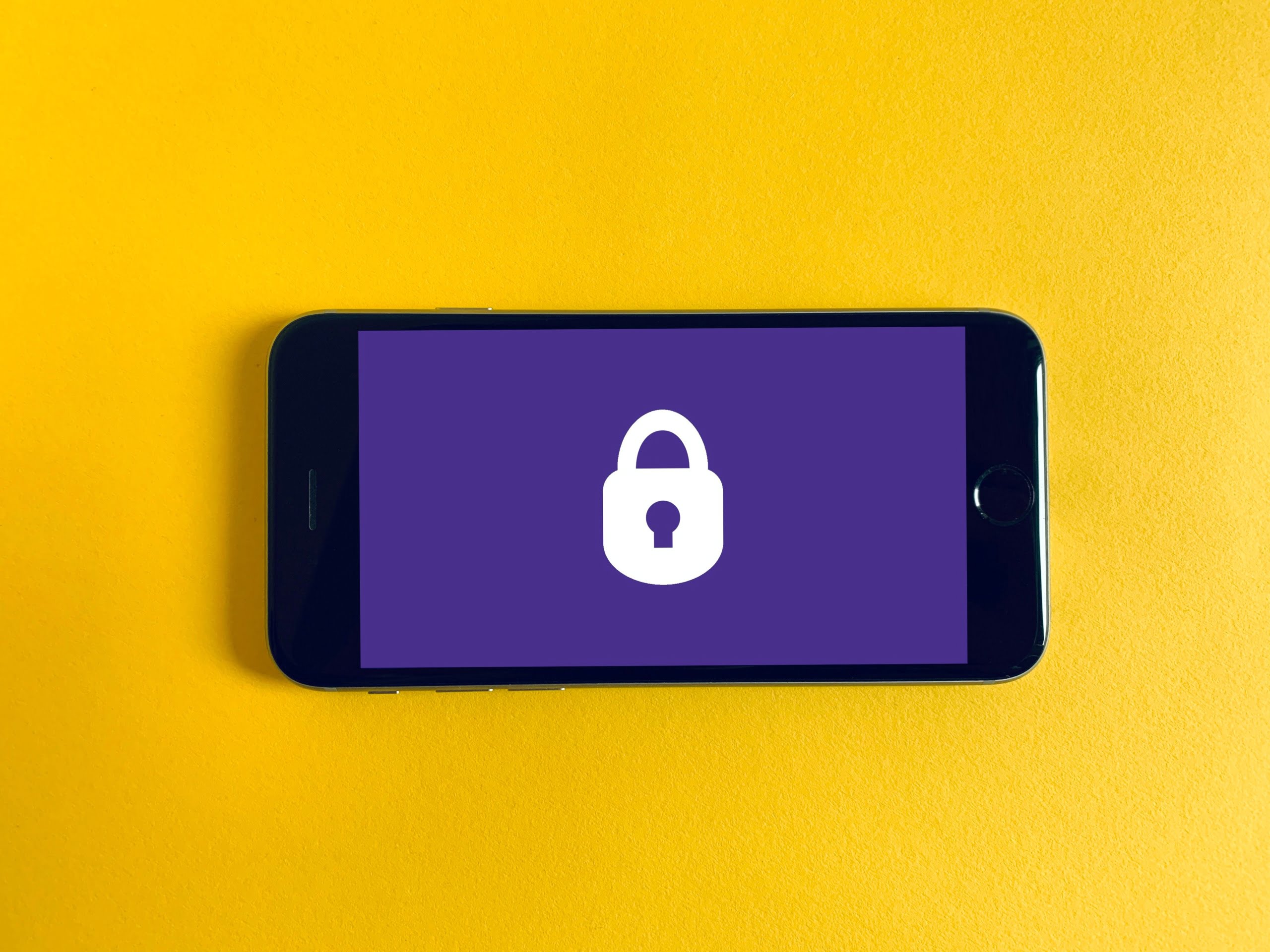
What Is Identity Theft?
Many of us have heard the term identity theft, but we might not be sure what it really means. Most of the time, we picture someone going through our trash, trying to find pieces of information about us so that they can pretend to be us.
But there are many different forms of identity theft, and it is important that you learn how to protect yourself from identity theft.

Identity theft is the term used for when someone steals your personal details and uses them for their own gain – and there are a lot of different ways that it can happen.
According to the FBI, between 2017 to 2021, the increase in identity theft almost tripled – and the financial loss increase was five times higher.
The mistake happens here – identity fraud is where someone steals your details to pretend to be you, while identity theft is where someone manages to steal your personal information. Both of these are nefarious and can have far-reaching impacts.
Once you understand how people steal your identity, you stand a better chance at defending yourself.
Hacking networks and/or devices
Without the use of a VPN, hacking and stealing information becomes much easier. Millions of people send confidential information over free-use wifi networks (like the one at the coffee shop).
Shoulder surfing
Have you ever stopped to see who can see your screen and keyboard as you work out in public? Or perhaps you aren’t working; you are just surfing the web. You can never be sure of the people that are around you, and you can never be sure that they aren’t watching every keystroke.
Malware
One of the most common ways people accidentally put malware on their computers is by downloading things from unverified sources. It might be an app you have found or a link in an email that gives an automatic download – either way, the malware collects, tracks, and relays all of the information you input into your computer.
Phishing attacks
Phishing attacks are a lot more sophisticated than they used to be. They might come via the phone, or they might be in an email. Often they look official and can have many of the hallmarks of an email from an official body. Upon closer inspection, you will likely see the email address is incorrect; there might be inconsistent spelling and typos.
If you get contact from a business you are unsure of, instead of clicking any links – or calling any numbers in the email. You should head to the official website and look for customer service information. Often you can report potential phishing scams too.
Social Engineering
Social engineering scams have become more popular with the rise of social media. People put themselves in a visible position and aim to build trust with their followers and send private messages to people. Sometimes they outright ask for money, while other times, they hint at it, and people send it willingly.
If you travel and work simultaneously, it is even more important to ensure you are protecting your details all the time. Here are some other tips for keeping safe as you travel: How to Keep Yourself and Your Family Safe on the Open Road – The Mama Life.





One Comment
Pingback: